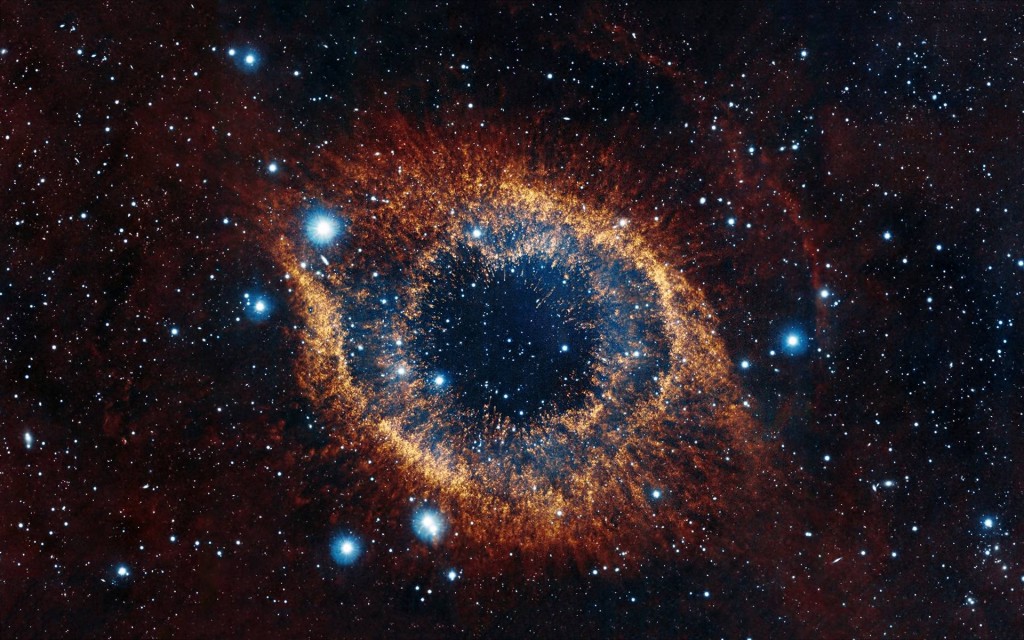Can God lie? Does God lie? And did science make God honest? And in making God honest, did science take away God’s power to speak?
Dallas G Denery II of Bowdoin College looks at what scientific inquiry did to the concept of divine deceit.
Far from being a mere curiosity of the past, concerns about God’s deceptions proved central to the Scientific Revolution and therefore to the modern world. Most of the great 17th century scientists (or natural philosophers, as they would have preferred to call themselves) – Kepler and Galileo, Descartes, Boyle and Newton – wrote about God and incorporated God into their theories, not as a mere concession to authorities, but as central to their conceptions of the universe….
…A simplistic, anthropomorphic God is ridiculous, Descartes argues. Rather we must ask how God created the world so that while it may appear as if he occasionally deceives us we know in fact he does nothing of the sort. If God is omnipotent, just and wise, Descartes reasons, it must follow that God created the best possible world, using the simplest set of laws. The simplicity of the laws governing the world must be consistent with God’s simple nature, while their complex yet well-structured consequences derived from his all-seeing wisdom and justness. Consider how well creation operates – when we are thirsty, it is almost always the case that we really do need water….
…Put more simply, the commitment of the Scientific Revolution to rational causes for all events, even exceptional or seemingly anomalous ones, robbed God of the power to deceive. Losing the power to deceive, God lost the power to speak, to interfere and interact with the world….
So. Did science silence God? And is it necessary for God to deceive in order to be heard and understood? Our understanding of Christ’s incarnation says that God is involved in creation and in human living on many levels and in ways that the writer perhaps overlooks in order to make his point.
What do you think?
Posted by Andrew Gerns

